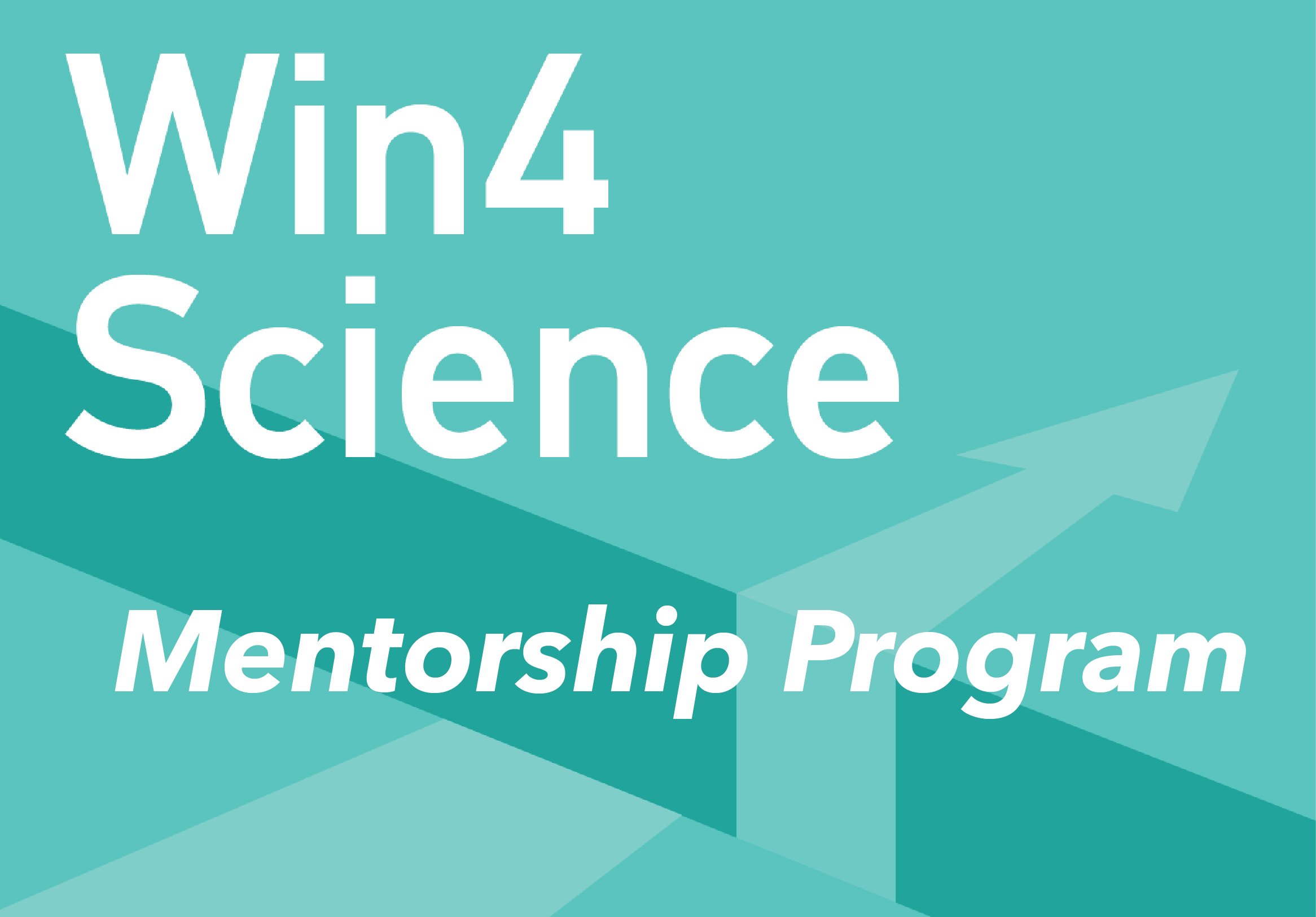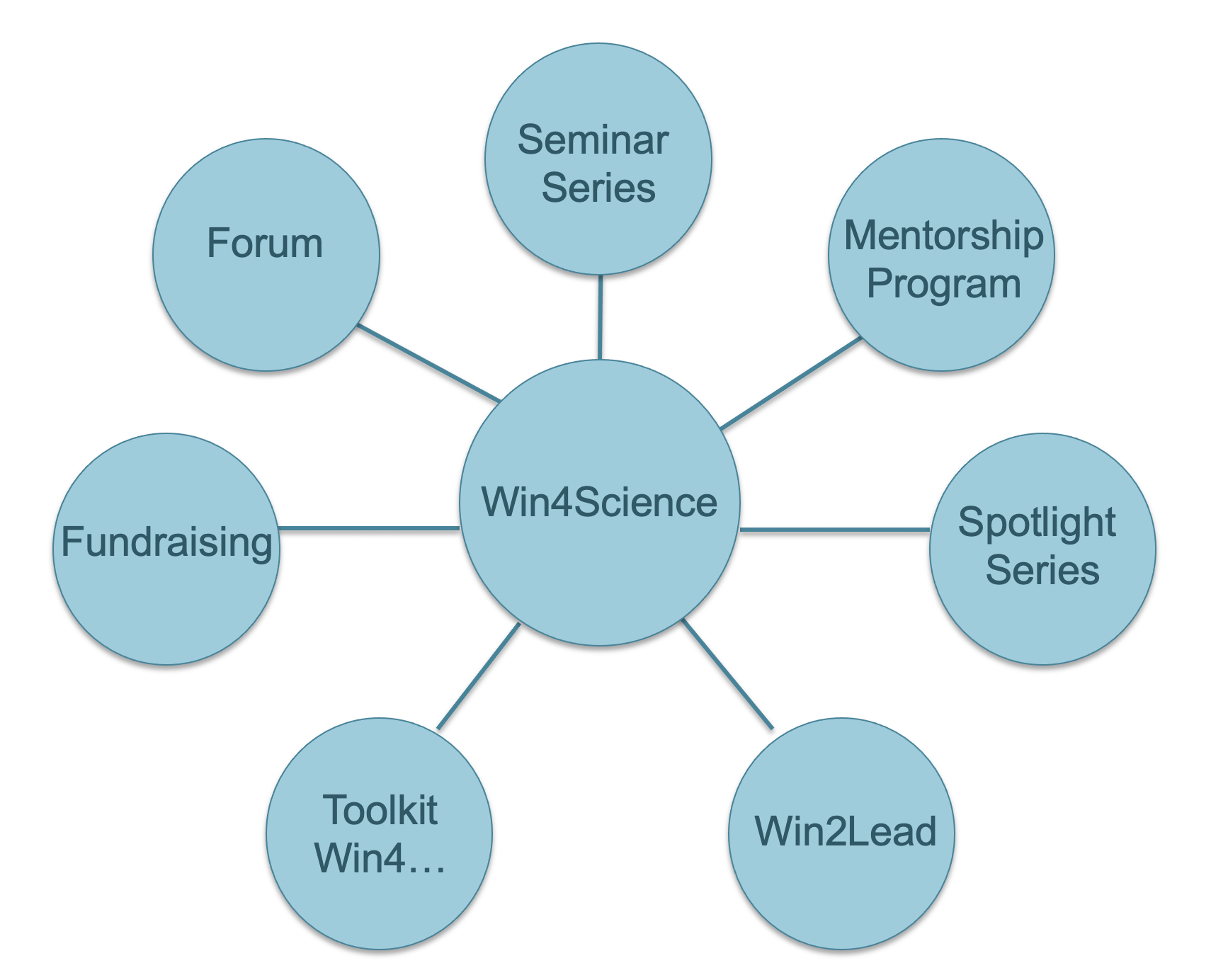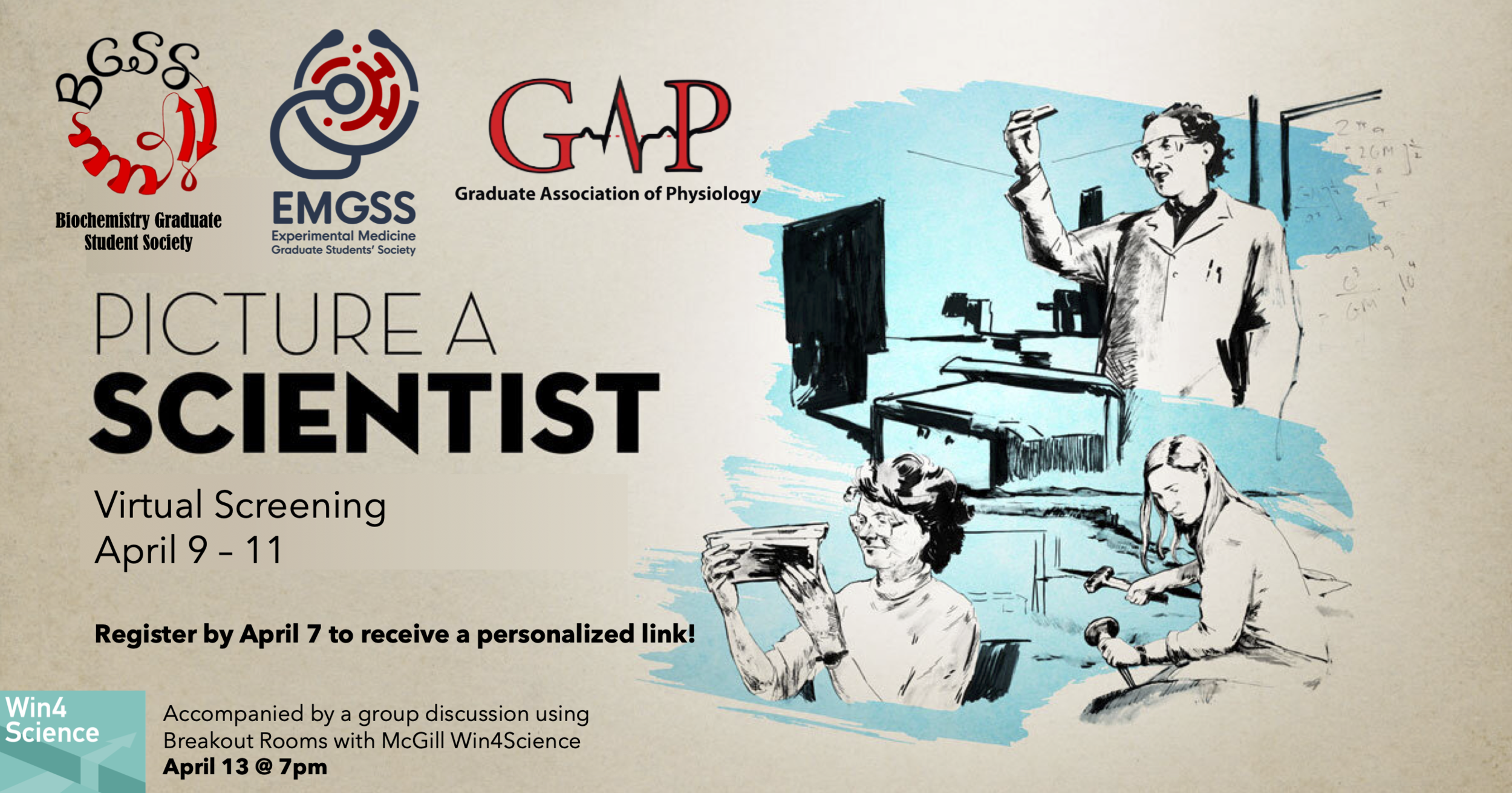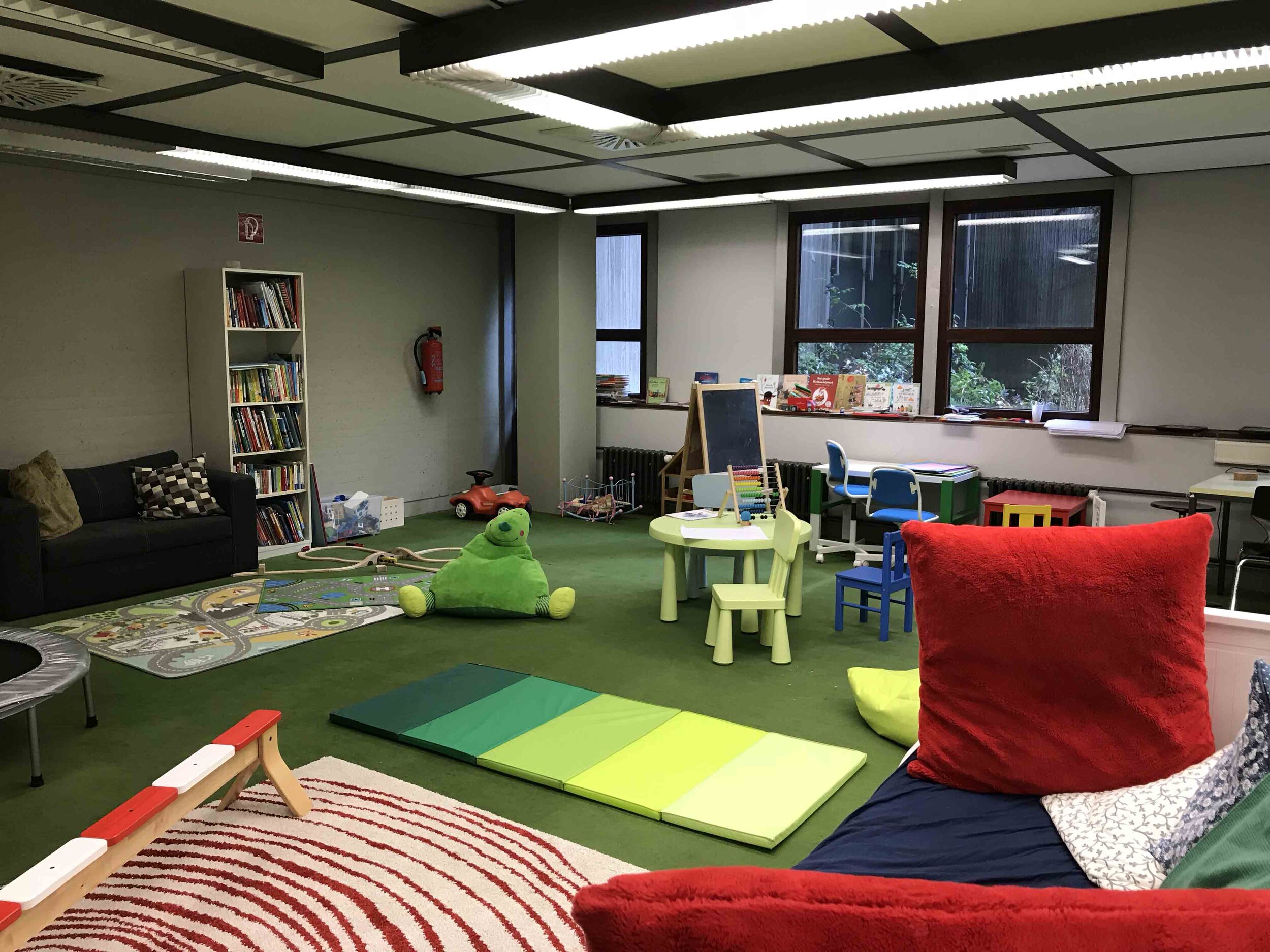A Women’s Initiative to hack the gender gap and create a Win 4 science!
Welcome to the 2022/2023 Win4Science Program!
Women in academic careers in the fields of Life Sciences and STEM still face unconscious bias, for example, being perceived as less competent (Moss-Racusin et al., PNAS 2012). Grants get less frequently rewarded to women and when awarded, often with lower monetary value (Witteman et al., Lancet 2019; Titone et al., Canadian Journal of Experimental Psychology 2018).
Initiated in 2017 by the Department of Pharmacology and Therapeutics, McGill University, Win4Science aims to educate and raise awareness on the barriers women and minorities face in academia. Over the years, we grew into a multi-faceted initiative inspired by the many great ideas of the McGill community, students and faculty. Let’s show you what we do:
Let us help you care!
Caregiver Travel Award applications are now open! If you are a STEM trainee who is a primary caregiver, this is the perfect opportunity to receive funding to have your loved ones taken good care of while you complete your academic commitments. Apply using this form before the 30th of October and if you have any questions, feel free to reach out to us via email!
Win4Science consists of many activities led by sub-teams.



Seminar
Dr. Ferretti is an alumni of McGill and now co-founder of the Women’s Brain Project.
Thursday, Sept 23, 2021, 10 am on zoom
Mentorship
2021/2022 will mark its 4th year!
We thank Anne-Sophie Pépin for running the program over the past 3 years and wish her all the best for her graduation and future career.
Jasmine Phénix is taking on the task:
If you like to be a mentor, sign up here If you like to be a mentee, sign up here
For questions: jasmine.phenix@mail.mcgill.ca
Movie: Picture a Scientist
What a powerful movie - a “must see” for every scientist!
A group discussion using virtual Breakout Rooms will be held April 13th, 7 pm
Do we need more daycare at McGill?
Professional need’s assessment through the McGill Business Consulting Group, download here
Seminar Series
Dr. Lisa Willis, University of Alberta
December 10th, 2020, see the lecture, passcode LW$.rX1$
Report of the Win4Science Forum
In May 2018, McGill researchers discussed barriers for women in Life Sciences at McGill, which we summarized in a report.
Seminar Series 2018/19:
Solution strategies!
While the 2017/18 seminar series aimed to educate on issues and barriers for women in the Life Sciences, the 2018/19 seminar series will focus on successful solution strategies that are effective in helping to close the gap.
As such, we welcome Dr. Cara Tannenbaum on Thursday, November 1st, 2018.
Win4Science 2017/18
About 2 years ago, I started to learn about gender bias in Life Sciences...
...we have work to DO!
Women in the biological sciences earn about half the doctorates, comprise about 45% of postdocs, but comprise only 21% of full science professors. The greatest numbers of attrition occur between postdoctoral fellow’s and assistant professor level, because women face several challenges.
Win4Science is an initiative for women in Life Science at McGill University formed to tackle the gender gap by establishing an awareness program, providing networking and mentorship support and advocating for structural changes.
What Win4Science does
Awareness program with monthly seminars on bias and other issues.
What are the main issues for women in Life Science discussed in literature?
1) Family planning coincides with the transition to principal investigator stage.
2) There is a lack of women role models in academia.
3) Despite improvements, female scientists are perceived to be less competent, face funding disparities.
4) Women are more prone to experience a lack of confidence and/or the imposter syndrome.
Did you know...
...that women have a 2-6% lower success rate to receive a CIHR operating grants according to the Canadian Association of University Teachers (CAUT), report 2014-15.













